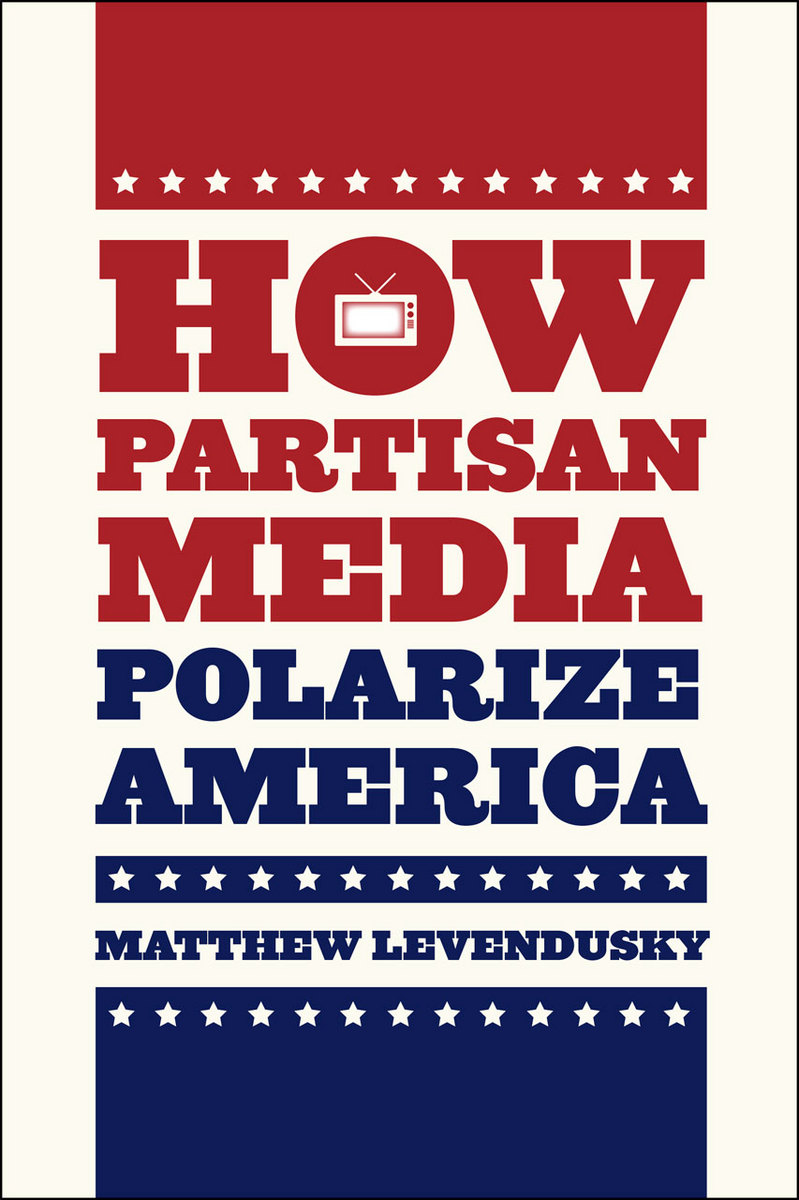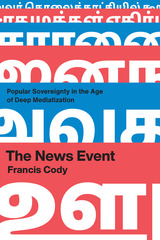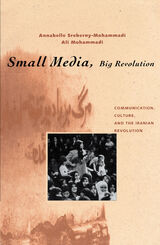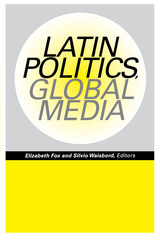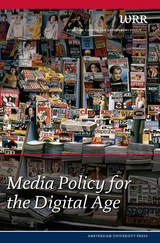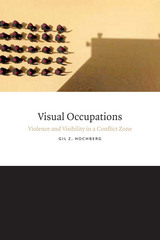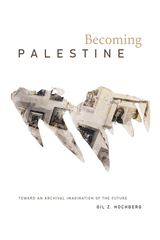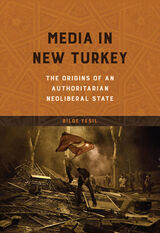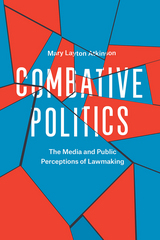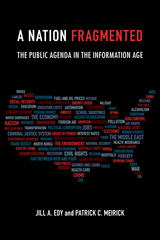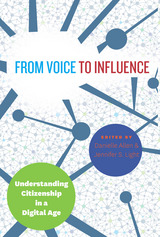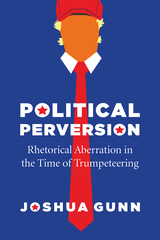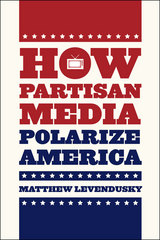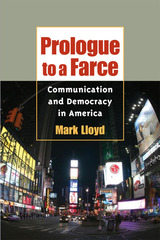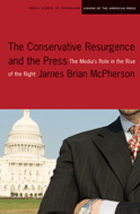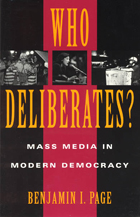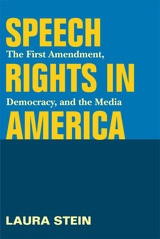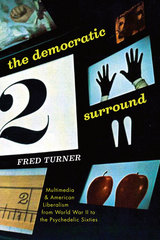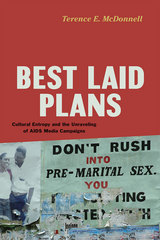How Partisan Media Polarize America
University of Chicago Press, 2013
Paper: 978-0-226-06901-2 | Cloth: 978-0-226-06896-1 | eISBN: 978-0-226-06915-9
Library of Congress Classification P95.82.U6L48 2013
Dewey Decimal Classification 302.230973
Paper: 978-0-226-06901-2 | Cloth: 978-0-226-06896-1 | eISBN: 978-0-226-06915-9
Library of Congress Classification P95.82.U6L48 2013
Dewey Decimal Classification 302.230973
ABOUT THIS BOOK | AUTHOR BIOGRAPHY | REVIEWS | TOC | REQUEST ACCESSIBLE FILE
ABOUT THIS BOOK
In How Partisan Media Polarize America, Matthew Levendusky confirms—but also qualifies—both of these claims. Drawing on experiments and survey data, he shows that Americans who watch partisan programming do become more certain of their beliefs and less willing to weigh the merits of opposing views or to compromise. And while only a small segment of the American population watches partisan media programs, those who do tend to be more politically engaged, and their effects on national politics are therefore far-reaching.
In a time when politics seem doomed to partisan discord, How Partisan Media Polarize America offers a much-needed clarification of the role partisan media might play.
Forty years ago, viewers who wanted to watch the news could only choose from among the major broadcast networks, all of which presented the same news without any particular point of view. Today we have a much broader array of choices, including cable channels offering a partisan take. With partisan programs gaining in popularity, some argue that they are polarizing American politics, while others counter that only a tiny portion of the population watches such programs and that their viewers tend to already hold similar beliefs.
In How Partisan Media Polarize America, Matthew Levendusky confirms—but also qualifies—both of these claims. Drawing on experiments and survey data, he shows that Americans who watch partisan programming do become more certain of their beliefs and less willing to weigh the merits of opposing views or to compromise. And while only a small segment of the American population watches partisan media programs, those who do tend to be more politically engaged, and their effects on national politics are therefore far-reaching.
In a time when politics seem doomed to partisan discord, How Partisan Media Polarize America offers a much-needed clarification of the role partisan media might play.
See other books on: Mass media and public opinion | Opposition (Political science) | Polarization (Social sciences) | Television broadcasting of news | Television in politics
See other titles from University of Chicago Press
